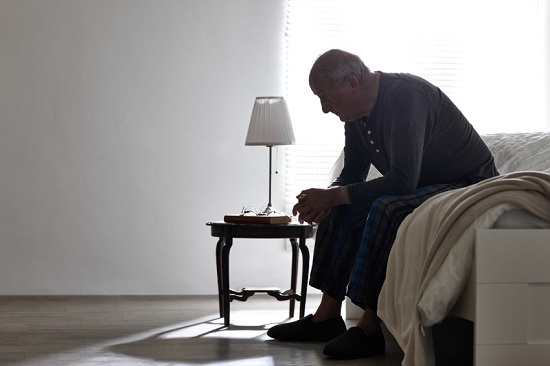
The consequences of hearing loss appear obvious, such as the stress of the continual struggle to hear and the affect this can have on relationships. But what if the repercussions went deeper, and could actually influence your personality?
Research from the University of Gothenburg suggests that this may be the case. The researchers examined 400 individuals aged 80-98 over a six-year period. The researchers assessed several physical, mental, social, and personality criteria throughout the study, including extroversion, or the inclination to be outgoing.
Interestingly, the researchers couldn’t link the decrease in extraversion to physical factors, cognitive decline, or social obstacles. The one factor that could be associated with the decline in extraversion was hearing loss.
While people ordinarily become less outgoing as they age, this study demonstrates that the change is amplified in those with hearing loss.
The effects of social isolation
Reduced extraversion, which can result in social isolation in the elderly, is a major health risk. In fact, a meta-analysis of 148 studies analyzing the relationship between social isolation and mortality found that an absence of supporting social relationships was correlated with increased mortality rates.
Social isolation is also a major risk factor for mental illness, including the onset of major depression. Going out less can also result in decreased physical activity, contributing to physical problems and weight issues, and the lack of stimulation to the brain—normally obtained from group interaction and dialogue—can lead to cognitive decline.
How hearing loss can result in social isolation
The health effects of social isolation are well developed, and hearing loss appears to be linked to diminished social activity. The question is, what is it about hearing loss that tends to make people less inclined to be socially active?
The most apparent answer is the trouble hearing loss can present in group settings. For those with hearing loss, it is often exceptionally difficult to follow conversations when several people are talking at the same time and where there is a good deal of background noise.
The sustained battle to hear can be exhausting, and it’s sometimes easier to give up the activity than to struggle through it. Hearing loss can also be embarrassing, and can produce a sense of isolation even if the person is physically part of a group.
For these reasons, amongst others, it’s no surprise that many people with hearing loss choose to avoid the difficulties of group communication and activity.
What can be done?
Hearing loss leads to social isolation primarily because of the trouble people have communicating and participating in groups. To render the process easier for those with hearing loss, consider these tips:
- If you suffer from hearing loss, consider utilizing hearing aids. Today’s technology can treat virtually all cases of hearing loss, furnishing the amplification necessary to more effortlessly interact in group settings.
- If you have hearing loss, speak with the group in advance, educating them about your hearing loss and advocating ways to make communication easier.
- For those that know someone with hearing loss, attempt to make communication easier. Minimize background noise, find quiet areas for communication, and speak directly and clearly to the person with hearing loss.
With a little awareness, planning, and the proper technology, we can all make communication much easier for individuals with hearing loss.